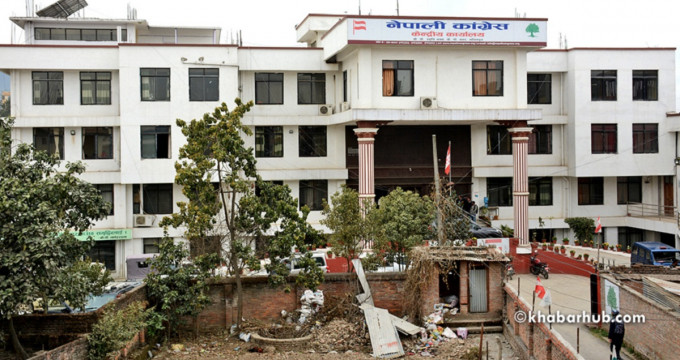The new variant of COVID-19, Omicron, was discovered in South Africa and has made its way into several African and European countries in just a few days.
Governments across the world have imposed travel restrictions on several southern African nations where the variant was found. The UK, Denmark, Germany, Australia, Italy, Netherlands, Israel, Hong Kong, Botswana, Belgium, Switzerland, Canada have already confirmed Omicron cases.
Does Omicron pose a higher risk?
Rumors surrounding its high effectiveness and infectivity are exaggerated on social media for sure. But the rumors aren’t entirely false. The Omicron variant could indeed, pose a greater threat than the delta variant.
WHO had stated earlier that it could take weeks to learn the full extent of the variant’s capabilities. They said on Friday this variant is ‘of concern’. Early evidence and analysis suggest Omicron has a higher risk of re-infection. However, in an update on the Friday statement, the World Health Organization, Monday, warned that the global risk from the omicron variant is “very high” based on the early evidence, saying the mutated coronavirus could lead to surges with “severe consequences.”
WHO stated there are “considerable uncertainties” regarding omicron. But preliminary evidence raises its possibility of having mutations that could help it both evade an immune-system response and boost its ability to spread from one person to another.
“Depending on these characteristics, there could be future surges of COVID-19, which could have severe consequences, depending on a number of factors, including where surges may take place.” Then it added, “The overall global risk ... is assessed as very high.”
WHO has stressed that countries everywhere must accelerate vaccinations in the quickest way possible.
Last week, an advisory panel of WHO had stated that the omicron variant is likely to re-infect people who had already been corona infected.
What do experts say?
“The emergence of the omicron variant has fulfilled, in a precise way, the predictions of the scientists who warned that the elevated transmission of the virus in areas with limited access to the vaccine would speed its evolution,” said Dr. Richard Hatchett, head of CEPI, one of the founders of COVAX.
Even though US President Joe Biden called the omicron variant a cause for concern but not a cause for panic, it seems the Omicron variant should, after all, be a cause for panic in countries where vaccination rates are extremely low, like many in Africa.
Dr. Rochelle Walensky, director of the US Centers for Disease Control and Prevention urged that everyone over the age of 18 gets fully vaccinated and booster shots are administered, adding, “strong immunity will likely prevent serious illness.” Earlier this month, the US had recommended booster shots for only people aged 50 and above.
Before WHO’s warning that omicron poses a “very high” threat, the UN health agency’s statement issued on Saturday stated it was still unclear if the infection with omicron causes more severe diseases. Infection rates in South Africa soared to 3,200 on a single day from just 200 new daily cases from a week prior. The rising rates of hospitalization in South Africa, as cited by data, could just be because more people are getting infected with COVID-19, not specifically its omicron variant, the statement said.
Are the restrictions upon African nations justified?
When COVID-19 emerged before 2020, the response rates of countries were deemed extremely slow and negligent. However, the reaction against the omicron variant has been very swift. However, WHO believes the restrictions imposed on African nations were done very hastily. Despite WHO’s warning of Omicron’s "very high" risk, it has also condemned global governments for isolating South African nations.
Some South African ministers have voiced that the restrictions upon S.Africa are unjustified. World Health Organization also warned against imposing restrictions upon Southern African nations, stating that restrictions do very little to stop the viral spread, but massively impact the economy and lifestyle of their citizens. Despite the warnings, Japan, Singapore, Hong Kong, and many others have regulated tighter border rules.
South African economy had just begun recovering its economy by the means of tourism, only for the new variant’s discovery to propel a host of countries around Asia, Europe, and the Americas to impose restrictions on it, ensuring yet another year of economic collapse.
South African Foreign Ministry strongly criticized the restrictions, stating they are being punished instead of being praised for their quick actions of discovering and informing the world about the new variant. Their statement released on Saturday stated, "Excellent science should be applauded and not punished."
Ayoade Alakija, the AU vaccine delivery alliance co-chair even said that the imposed bans are fueled by politics, not science. He questioned why Africa is being locked away when the virus has already spread to other continents.
READ ALSO:









